Have select committees become an abuse of power? Discuss...
YES say those who believe that Margaret Hodge and others generate more heat than light. NO say those who see them as an eye-catching exhibition of democracy in action
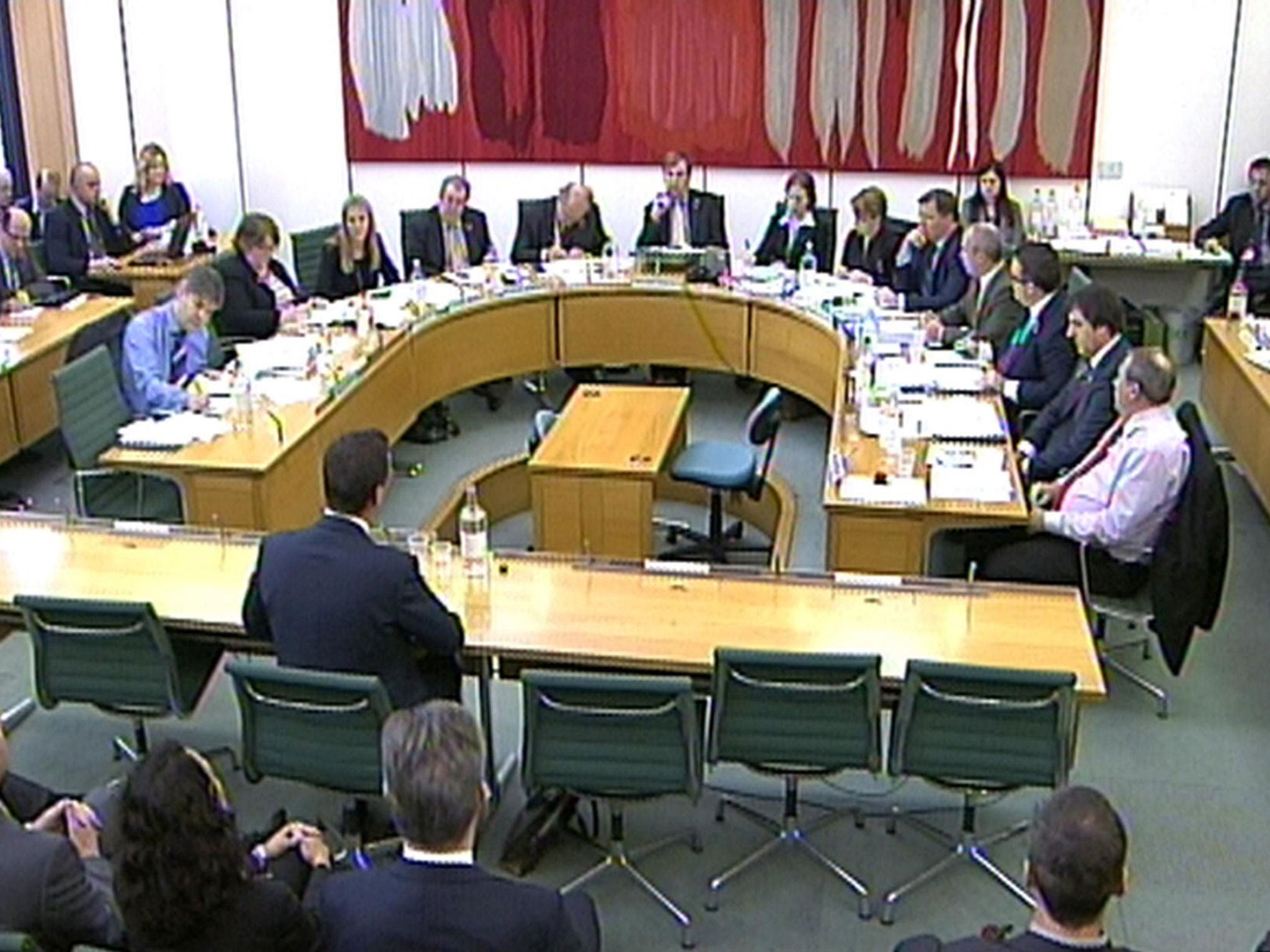
Your support helps us to tell the story
From reproductive rights to climate change to Big Tech, The Independent is on the ground when the story is developing. Whether it's investigating the financials of Elon Musk's pro-Trump PAC or producing our latest documentary, 'The A Word', which shines a light on the American women fighting for reproductive rights, we know how important it is to parse out the facts from the messaging.
At such a critical moment in US history, we need reporters on the ground. Your donation allows us to keep sending journalists to speak to both sides of the story.
The Independent is trusted by Americans across the entire political spectrum. And unlike many other quality news outlets, we choose not to lock Americans out of our reporting and analysis with paywalls. We believe quality journalism should be available to everyone, paid for by those who can afford it.
Your support makes all the difference.Here two political insiders take up the argument
YES says Jon McLeod
They are literally a mix of slapstick and ritual humiliation. They are the national stocks, in which the villain of the day can be arraigned and pelted with impudent questions to see whether they crack.
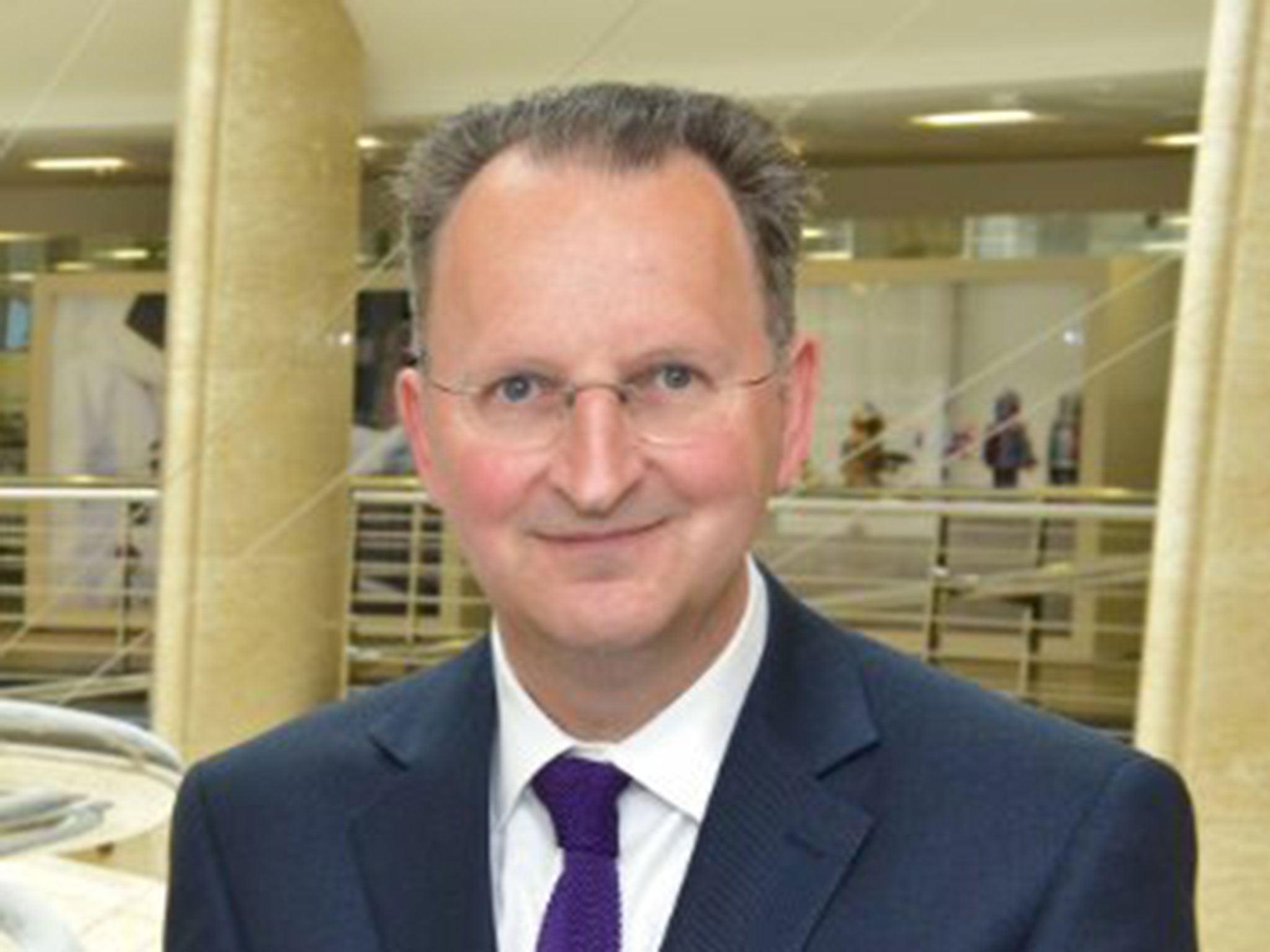
I am talking, of course, about our parliamentary select committees. In fact, I am really talking about the committees in the House of Commons, as those in the upper house operate at a more sedentary and, some would say, more dignified tilt.
The subject is a timely one, for we are in the final round of campaigning by the wannabe select committee chairs, who will rule the roost in their respective areas for the period of the next parliament – and who will thereby become some of the most lobbied MPs in the House.
When Parliament was first televised in 1989, few suspected that it was the proceedings outside the chamber, in the dusty committee corridors of the Palace and its annexes, that would make TV stars of previously anonymous backbenchers.
But so it has come to pass. By the last parliament, no news bulletin was complete without a clip of the arch dominatrix, Margaret Hodge, chairwoman of the Public Accounts Committee, or the patrician Keith Vaz, chairman of Home Affairs, giving the parliamentary equivalent of a knee in the groin to some hapless individual who had had the misfortune of being hauled – yes it is always “hauled” – before them.
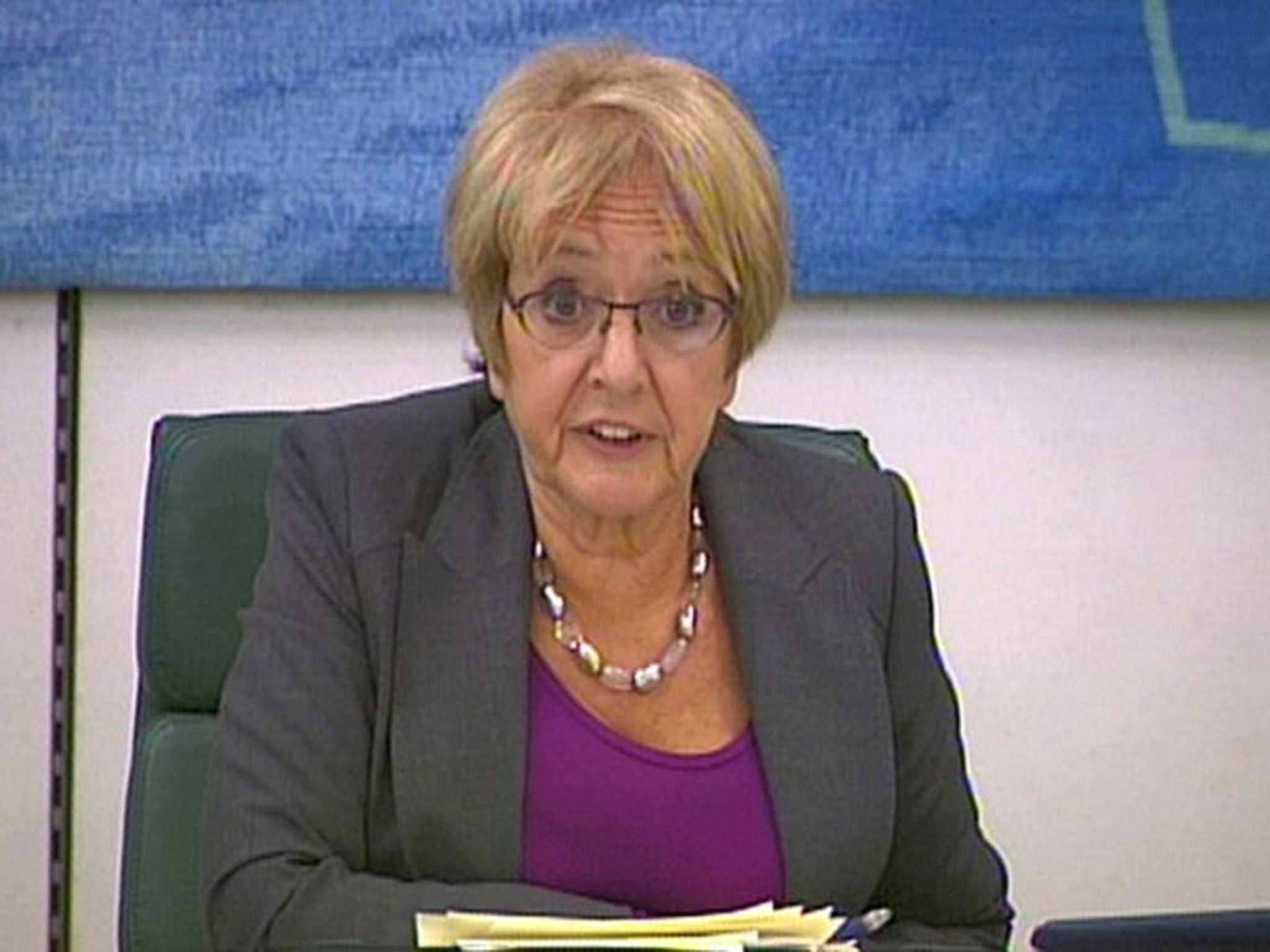
With the SNP now bagging two chairs, can we expect the Glasgow kiss to be added to the rhetorical flourishes that grace these overblown proceedings?
The committees are generally seen as one of the great bastions of our democracy, allowing the people’s representatives to speak truth unto power, and call the feckless and greedy to account. What’s not to like?
Well a lot, actually. Founded in 1979, select committees are a modern phenomenon which, egged on by the cult of celebrity, have cheapened debate. And they are an abuse of power, and cut across some of our key freedoms.
So here are the three ways the Commons select committees have lost their way – and how they can get back on track:
1. The select committees need to remember that they are there to scrutinise the work of government departments first and foremost.
The select committee structure is there for a reason. It is intended as a reinforcement of Parliament’s constitutional role in scrutinising the executive. The committees are not there to be dispensers of justice, roving around the topic du jour, with a little recreational cross-examination designed to capture three seconds of the six o’clock news.
2. The select committees must respect the rights of witnesses and observe a form of due process, which promotes genuine inquiry in place of the blood sport of the ritual humiliation of the powerful.
We have ended up with many situations where witnesses have become the accused, and the interrogation has ridden roughshod over their basic legal rights, not least, the right to avoid self-incrimination and the right to a fair trial under Article 6 of the European Convention.
Parliamentary privilege is not some sort of magical legal veil or Gollum’s ring cast over proceedings, that makes them invisible to the courts and the real world.
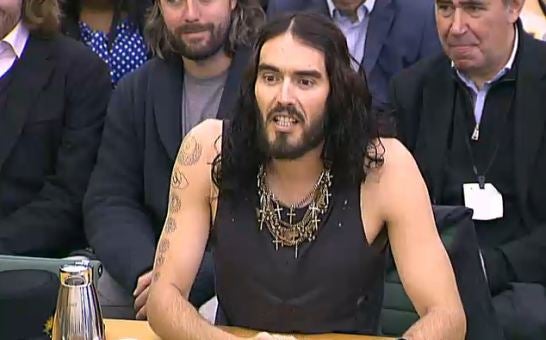
3. The select committees should be taken off air so that their proceedings stop being what people focus on and instead their reports become the real focus of their work.
What? I hear you scream. Pull the best bit of Parliament off TV? There would be no custard pie for Murdoch. Well, quite. The select committees are there to promulgate findings; produce insights for better government; influence the conduct of ministers.
The departmental response to these reports has become a point of such little pressure that the real work of these committees can be all but completely ignored.
It’s almost as if a deception has been carried out, in which the backbenchers and the public have been fobbed off with the gimcrack accountability of the televised hearings, while the real challenge contained in any committee’s report is lost in the lower intestines of parliamentary proceedings. And the government of the day gets off scot-free.
Jon McLeod is chairman of Public Affairs at Weber Shandwick. He trains witnesses to appear before select committees
NO says Oliver Wright, Whitehall Editor
The transformation of select committees into effective and powerful public watchdogs has been one of the most profound and beneficial changes in decades to our system of parliamentary democracy.
It began, slightly haphazardly, in 2011 when the humble Culture, Media and Sport Committee realised that it had the power to hold Rupert Murdoch to account for phone hacking. That realisation has opened the floodgates and resulted in Parliament scrutinising public life and government in a way it never did before – and that must never be allowed to wither.
Take the Public Accounts Committee, under the formidable chairmanship of Margaret Hodge. The constitutional role of her committee when she took it over was to follow the taxpayer’s pound: to make sure that the money we have to pay the government is well spent.

But she and her committee took that remit in its very broadest sense to look not just at how the pound was spent – but whether it was being collected fairly in the first place.
Her bruising and, yes, at times theatrical hearings highlighted endemic corporate and personal tax avoidance that had been ignored by the government for years. It broke open the often cosy relationship between big companies, their accountants and HMRC and created real public and political pressure for reform.
Take just one example. Starbucks used loopholes in the tax law for more than 15 years to pay just £8.6m of corporation tax on £3bn of revenues. It was legal – but immoral – and it was only public humiliation in front of the PAC, and the media coverage that those hearings were given, that forced the company to alter its practices in the face of a public boycott.
From Starbucks to Amazon to Google to the big accountancy firms which grew rich on designing ever more elaborate schemes to outwit the taxman, the Pubic Accounts Committee took them on and won.
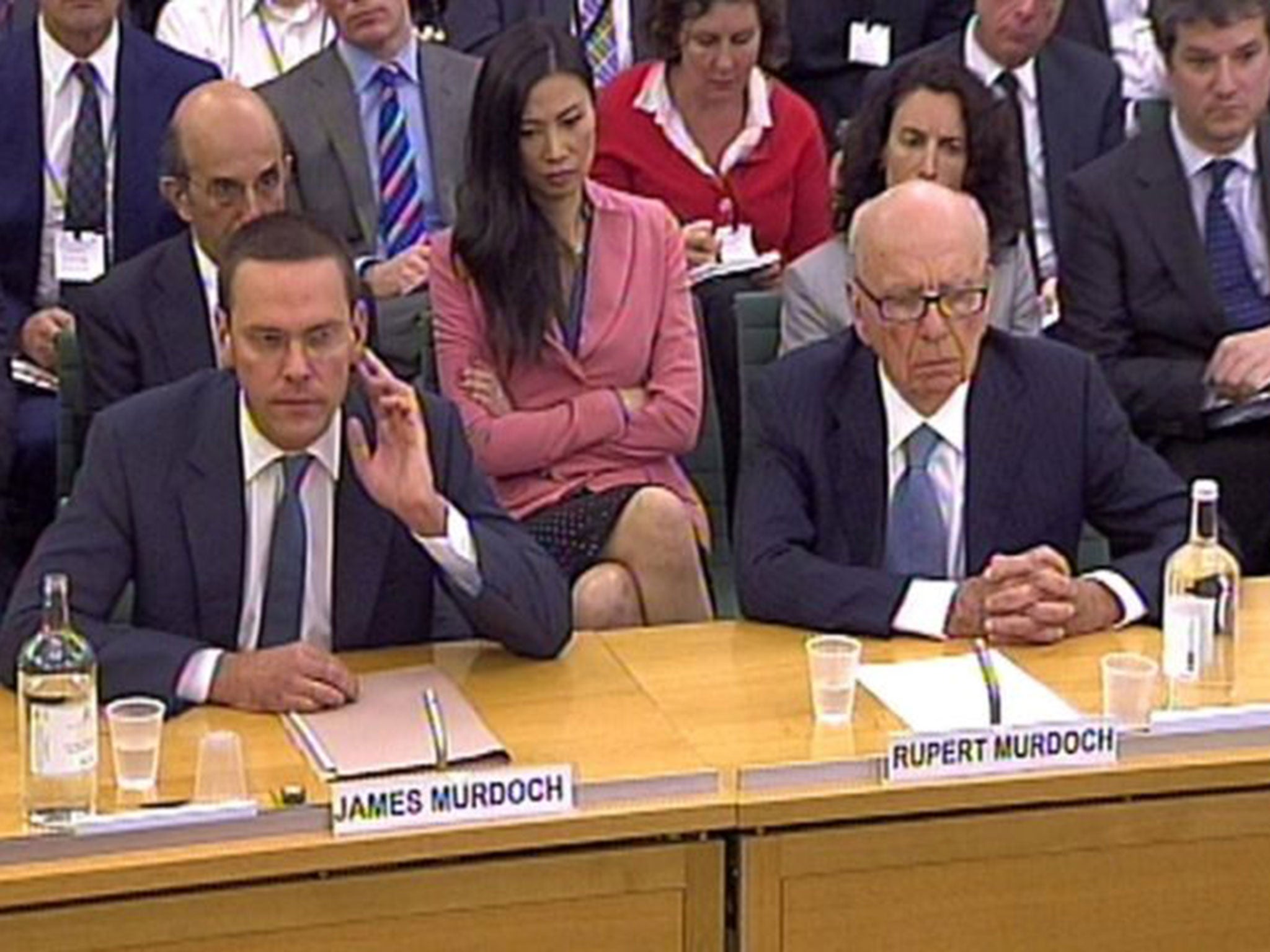
Yes, Hodge deliberately worked with the media to ensure her hearings received maximum attention, because she knew that was the only way to force companies and the government to take her committee’s concerns seriously.
But her committee, and others such as the Home Affairs Committee, have done much more than this.
Government is now a hugely complicated and diverse business. The old idea that ministers are responsible for everything that happens in their departments no longer holds true when public services are contracted out, mutualised or spun off into arm’s-length bodies.
The better select committees now go where the evidence takes them. Thus when G4S messed up its contract to provide security for the Olympics it was its chief executive who was held to account.
Equally when fraud was alleged in the multibillion-pound Work Programme it was not just the Department for Work and Pensions that had to answer, but the private company A4E too.
So what about the argument that select committees should be “taken off air” so that their proceedings stop being “national stocks” and instead their reports become the real focus of their work?
What total rubbish – an argument that could only be plausibly advocated by people with a particular agenda.
If a chief executive, senior civil servant or any other potential witness knows that he or she might have to account publicly for the actions of their organisation it is a powerful incentive to make sure they are well run in the first place.
These people don’t need “select committee training” (which is now a growing industry). They just need to go and answer questions in a straightforward, honest manner and admit when things go wrong while pointing out when things go right. It’s really not that hard.
A dense parliamentary report can, and sometimes still is, simply ignored by governments that are generally suspicious of outside interference.
The Justice Committee in the last parliament did some admirable work, I am sure, but nobody noticed because it failed to engage and campaign on issues such as legal aid reform, where it should have been a major player.
So far from being reined in, select committees need to develop still further – and refuse to give in to vested interests that find their scrutiny unwelcome.
Join our commenting forum
Join thought-provoking conversations, follow other Independent readers and see their replies
Comments